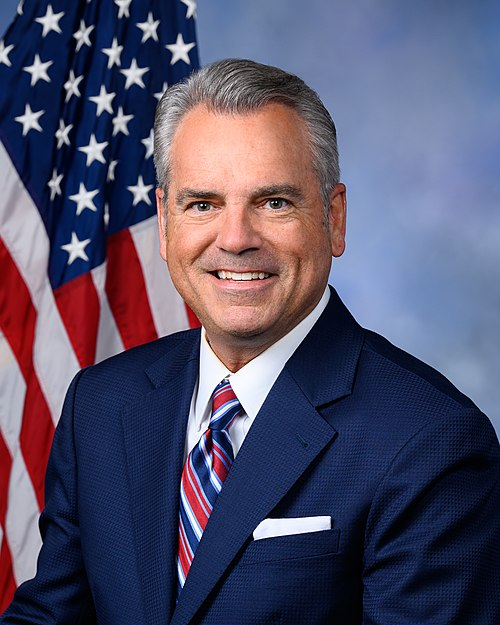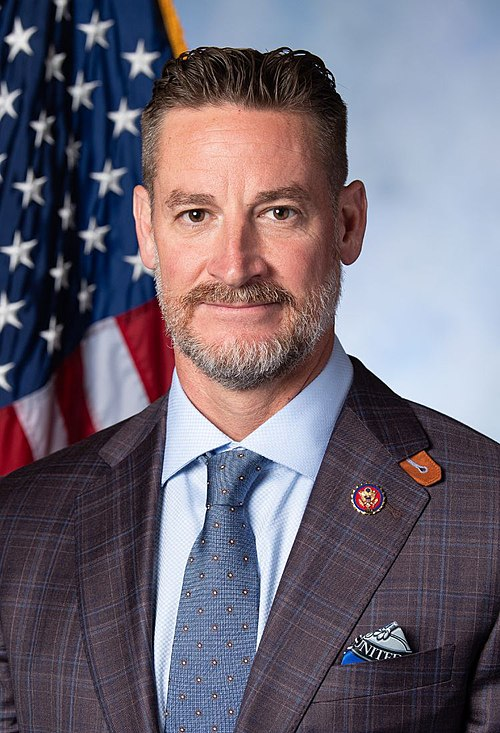H.R. 3388: Preventing Elected Leaders from Owning Securities and Investments (PELOSI) Act
This bill, known as the Preventing Elected Leaders from Owning Securities and Investments (PELOSI) Act, aims to amend existing law to prohibit certain financial transactions by Members of Congress and their spouses while they are in office. The key provisions of the bill are as follows:
Short Title
The bill is referred to as the Preventing Elected Leaders from Owning Securities and Investments (PELOSI) Act.
Banning Insider Trading in Congress
Definitions
The bill introduces the term "covered financial instrument," which includes:
- Securities, such as stocks and bonds.
- Securities futures.
- Commodities.
- Similar economic interests acquired through derivatives, options, or similar means.
However, certain items are excluded from this definition, including:
- Diversified mutual funds.
- Diversified exchange-traded funds.
- U.S. Treasury securities.
- Income from the primary occupation of a spouse or dependent child of a Member of Congress.
Prohibition on Transactions
The bill prohibits Members of Congress and their spouses from holding, purchasing, or selling covered financial instruments during their term of service. Members who are currently serving will have a 180-day period following the enactment of the bill to divest their holdings.
Penalties for Violations
- If a Member of Congress conducts a prohibited transaction, they must forfeit any profits made from that transaction to the U.S. Treasury.
- Members may also face civil fines administered by their respective ethics committee if they violate the transaction prohibitions.
Certification of Compliance
Members of Congress are required to submit written certifications to their supervising ethics committees at least once a year, verifying their compliance with the new rules regarding financial transactions.
The supervising ethics committees are responsible for publishing these certifications on public websites.
Authority of Supervising Ethics Committees
The supervising ethics committees can enforce compliance with the act through the creation of rules, guidance on covered financial instruments, and by assessing civil fines for violations. They can also publish details about each fine and the rationale behind it.
Audit by Government Accountability Office
Within two years of the enactment of this legislation, the Government Accountability Office (GAO) is required to audit compliance by Members of Congress with this act and to report the findings to the supervising ethics committees.
Relevant Companies
None found.
This is an AI-generated summary of the bill text. There may be mistakes.
Sponsors
2 bill sponsors
Actions
3 actions
| Date | Action |
|---|---|
| May. 14, 2025 | Introduced in House |
| May. 14, 2025 | Referred to the House Committee on House Administration. |
| May. 14, 2025 | Sponsor introductory remarks on measure. (CR H2041-2042) |
Corporate Lobbying
0 companies lobbying
None found.
* Note that there can be significant delays in lobbying disclosures, and our data may be incomplete.
Potentially Relevant Congressional Stock Trades
No relevant congressional stock trades found.

